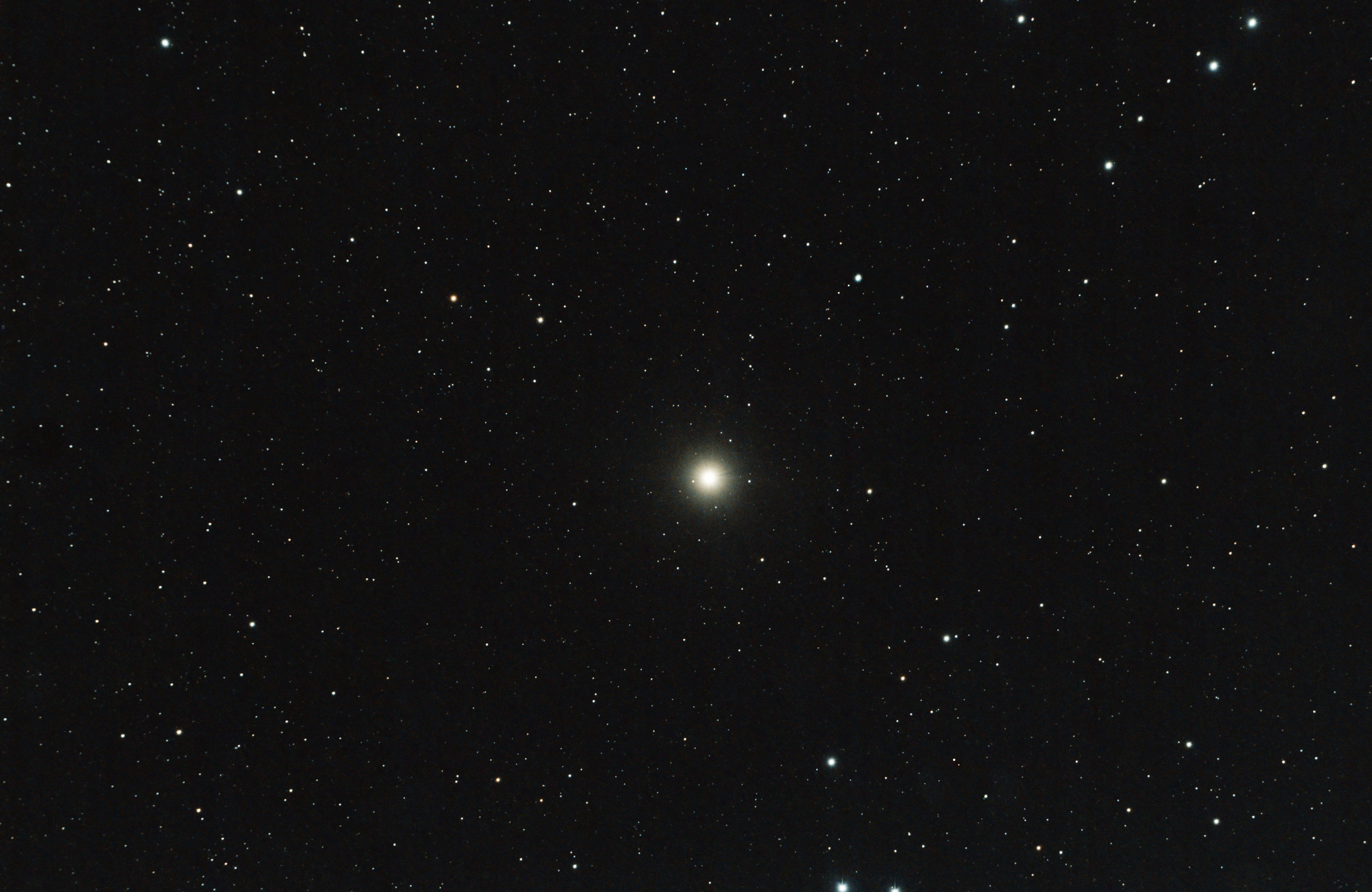Submitted by AstronomicVerse t3_10oa3xl in space
Comments
[deleted] t1_j6dna48 wrote
[removed]
Daydreamerlevel100 t1_j6dpup6 wrote
First time that I learn about this. Interesting 👏
pruntidjuu t1_j6e3eo1 wrote
If I’m not mistaken the majority of visible stars have Arabic or Arabic derived names. As do many older scientific terms, such as: zenith, azimuth, alchemy, Almagest,algebra, algorithm, decipher, alkaline, alcohol, benzene, boron, sodium, and many more. Not to mention the Arabic numerical system (which is actually Indian, but came to Europe via Muslim Spain). If it starts with “al” that’s a good indicator it comes from Arabic, as that is the Arabic word for “the”.
carbonicnoodle t1_j6eecfb wrote
Just like my three favourites, Alnitak, Alnilam and Mintaka
AstronomicVerse OP t1_j6eo3c7 wrote
Yep, the “al” got me interested in the name and started digging into it!
[deleted] t1_j6f00ef wrote
[removed]
[deleted] t1_j6febe0 wrote
[removed]
Rao_Tzu t1_j6fl5a8 wrote
My youngest son is named Rigel, after the brightest star in Orion.
In spite of learning the original Arabic meaning, he seems to have forgiven me for naming him Foot.
corsairealgerien t1_j6flrw1 wrote
Thank you for this, it's really interesting. It's got me reading through the Arabic star names: https://en.m.wikipedia.org/wiki/List_of_Arabic_star_names
[deleted] t1_j6fs0f5 wrote
[removed]
peter303_ t1_j6gnqzj wrote
Arabic speaking scientists carried the science torch from 700 C.E. To 1200 C.E. More classical works would have been lost if they didnt copy them.
We have Genghis Khan to thank for ending Arabic cultural hegemony. When hordes encountered resistant cities, they killed 99% and enslaved the useful remaining 10%.
[deleted] t1_j6gpq4b wrote
[removed]
thatwasacrapname123 t1_j6gvbfb wrote
We're only making plans for Rigel..
Alcoraiden t1_j6hs9zl wrote
Got my name from the scads of Al- names
Other-Weakness-9177 t1_j6i9x2h wrote
Sounds like Rijal, or ree-JUHL. I think that means Man or Youth.
AstronomicVerse OP t1_j6j0q3l wrote
Nope, they're right. Rigel is a transliteration of 'rijl' which means foot of Orion. Similarly, Betelguese comes from 'yad al-jawza', meaning hand of Orion, but got transliterated a few times incorrectly resulting in Betelguese :)
AstronomicVerse OP t1_j6j0xv0 wrote
That Mongol invasion was truly devastating. Many parts of modern day Iraq never recovered or were damaged beyond repair.
[deleted] t1_j6jcpvn wrote
[removed]
Nex_Tyme t1_j6jigs3 wrote
Is your oldest named Beetlegeuse for the biggest star in Orion?
Nex_Tyme t1_j6jio1s wrote
Really hard for me to do the pronunciation gymnastics to get to beetlegeuse from there. I believe you but the transformation is interesting.
socialcommentary2000 t1_j6keg37 wrote
Rigel always needs that helping foot.
LemonLime67219 t1_j6ls2h3 wrote
I know a two people named Rigel. Neither of them are likely to be your son, but it’s a cool name nonetheless.
[deleted] t1_j6lsmg5 wrote
[removed]
Terminator7786 t1_j6mxbl5 wrote
Don't let the rednecks in Alabama hear you say that

AstronomicVerse OP t1_j6dbieh wrote
This is Aldebaran, the iconic and brightest star in the constellation Taurus. Aldebaran is a transliteration of the Arabic name الدبران, meaning "The Follower", which the nomads of Arabia called because it seemed to follow the Pleiades star cluster across the sky.
Did you know that there are over 200 stars in the sky that have a similar Arabic origin to their name?
In the golden age of the Islamic empire, rulers emphasized and rewarded the pursuit of knowledge. There was an concentrated effort to search far and wide for books and to translate them back to Arabic (Translation Movement). This accomplished two critical things -- it preserved knowledge from previous civilizations that would have otherwise been lost forever, and it enabled Muslim scholars to build upon previous works. In the case of the famous Muslim astronomer Abd al-Rahman al-Sufi, he reviewed, revised, and expanded on Ptolemy's work. In his famous "Book of Fixed Stars" (كتاب صور الكواكب الثَّابِتَةِ), we see Al-Sufi use the Greek constellation drawings while using Arabic star names for the first time. Al-Sufi's book became a critical record of stars and constellation observations that was later translated for other astronomers to continue their work.
This scholarly effort to seek knowledge, preserve it, expand on it, can be traced back to the first word, verse, and principle revealed in the Quran:
"ٱقْرَأْ بِٱسْمِ رَبِّكَ ٱلَّذِى خَلَقَ"
"Read! In the Name of your Lord Who has created (all that exists)."
(Quran:Al-Alaq 96:1)
---
I'm a beginner amateur astrophotographer sharing my own faith-inspired reflections on my acquisitions. I'm on instagram here for anyone wishing to follow me on my journey.
Equipment:
- TS-Optics Photoline 80mm + flattener
- Skywatcher HEQ5 Pro
- Canon 850D
- Optolong L-Pro
Acquisition:
- 20 x 30" lights @ ISO 800
- 10 darks
- 20 bias
- 50 flats
- Unguided from Bortle 8/9 zone